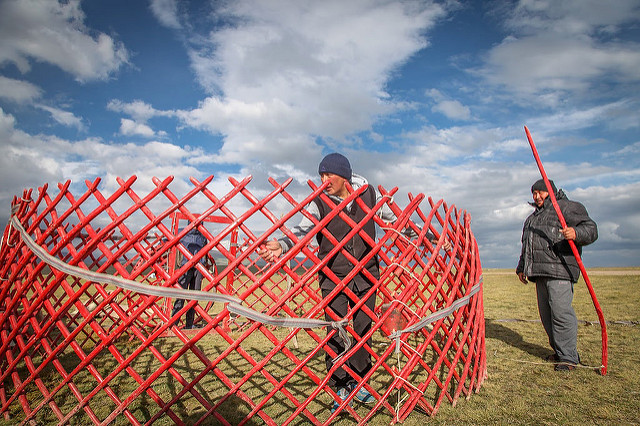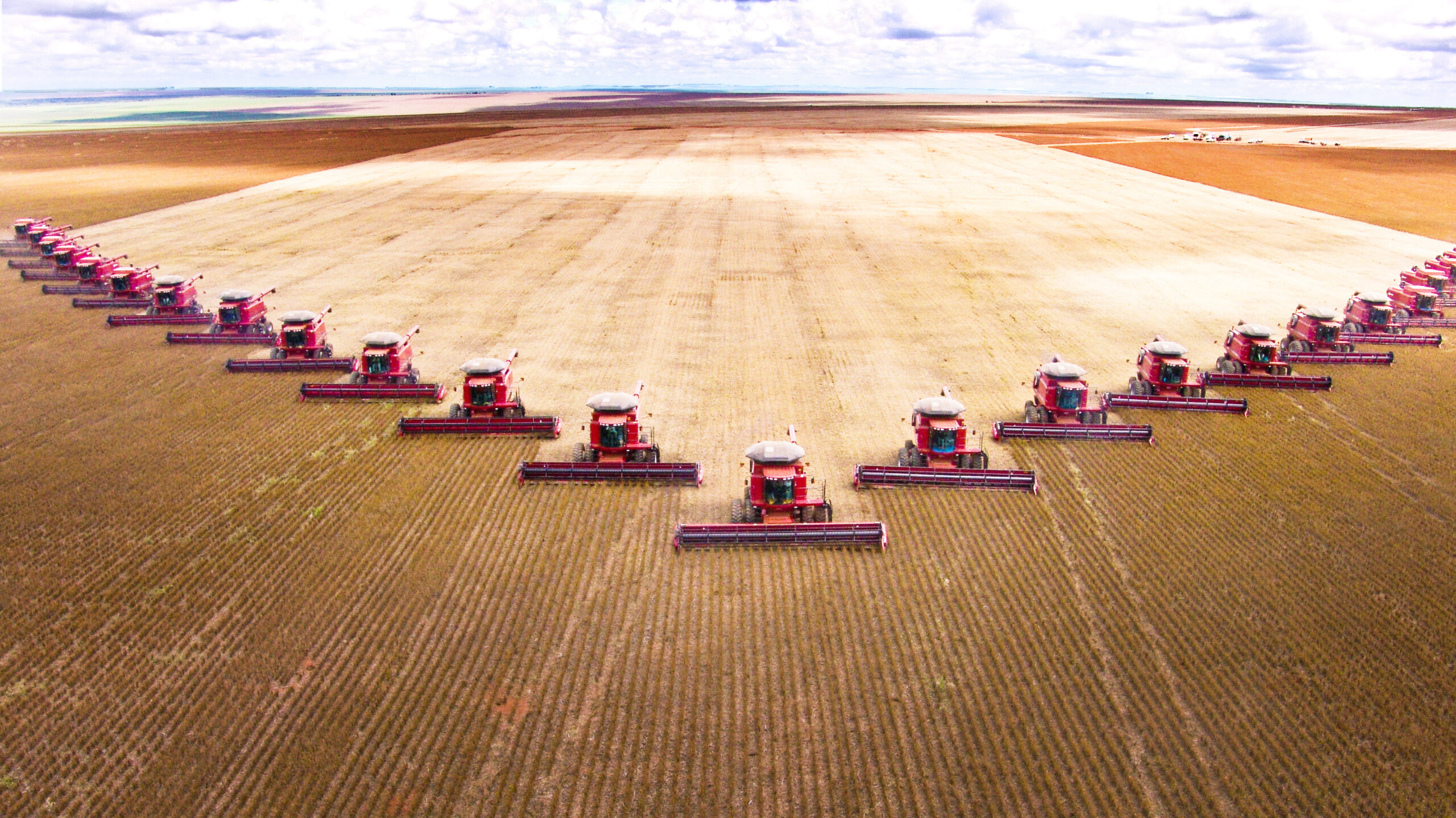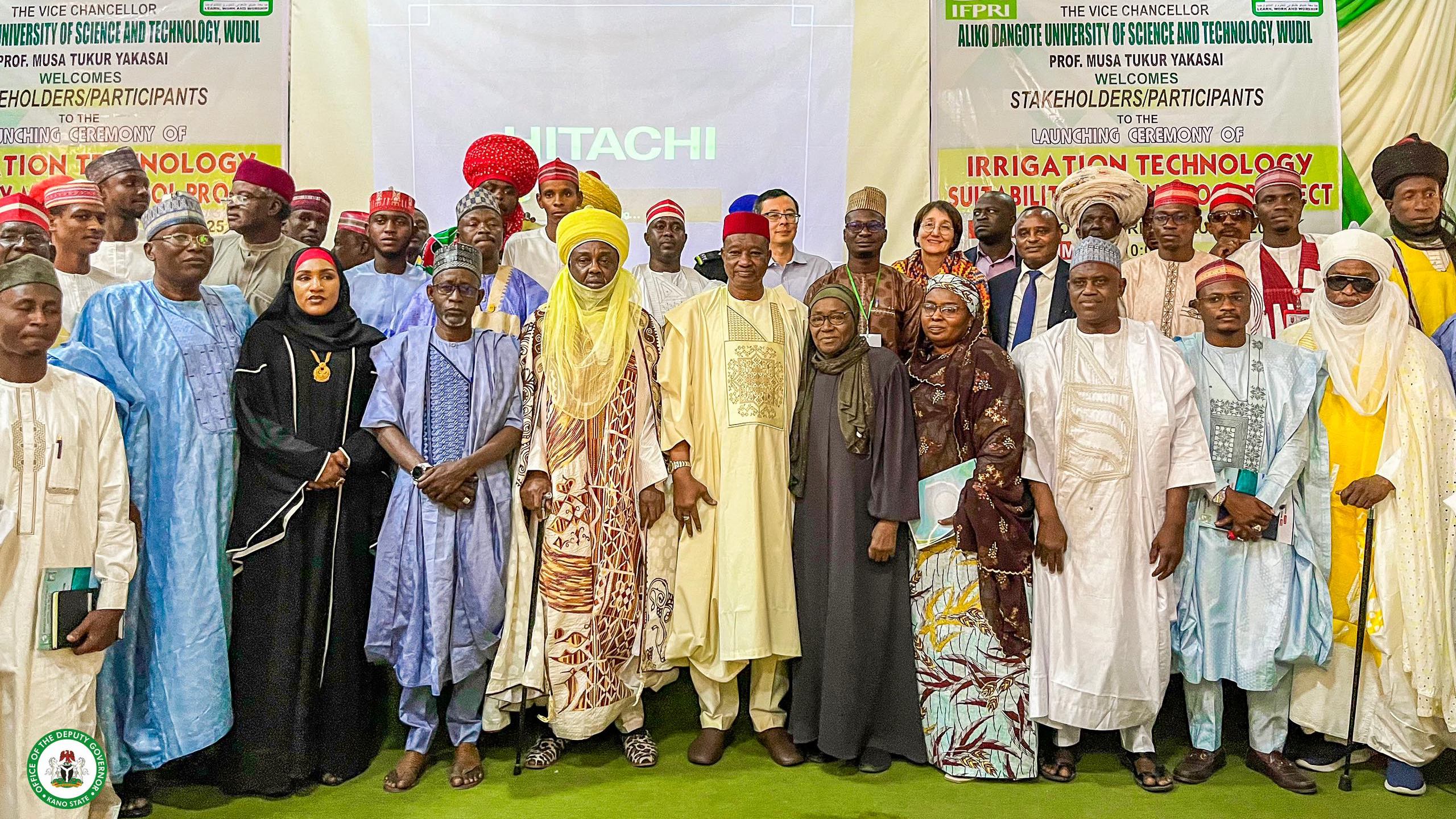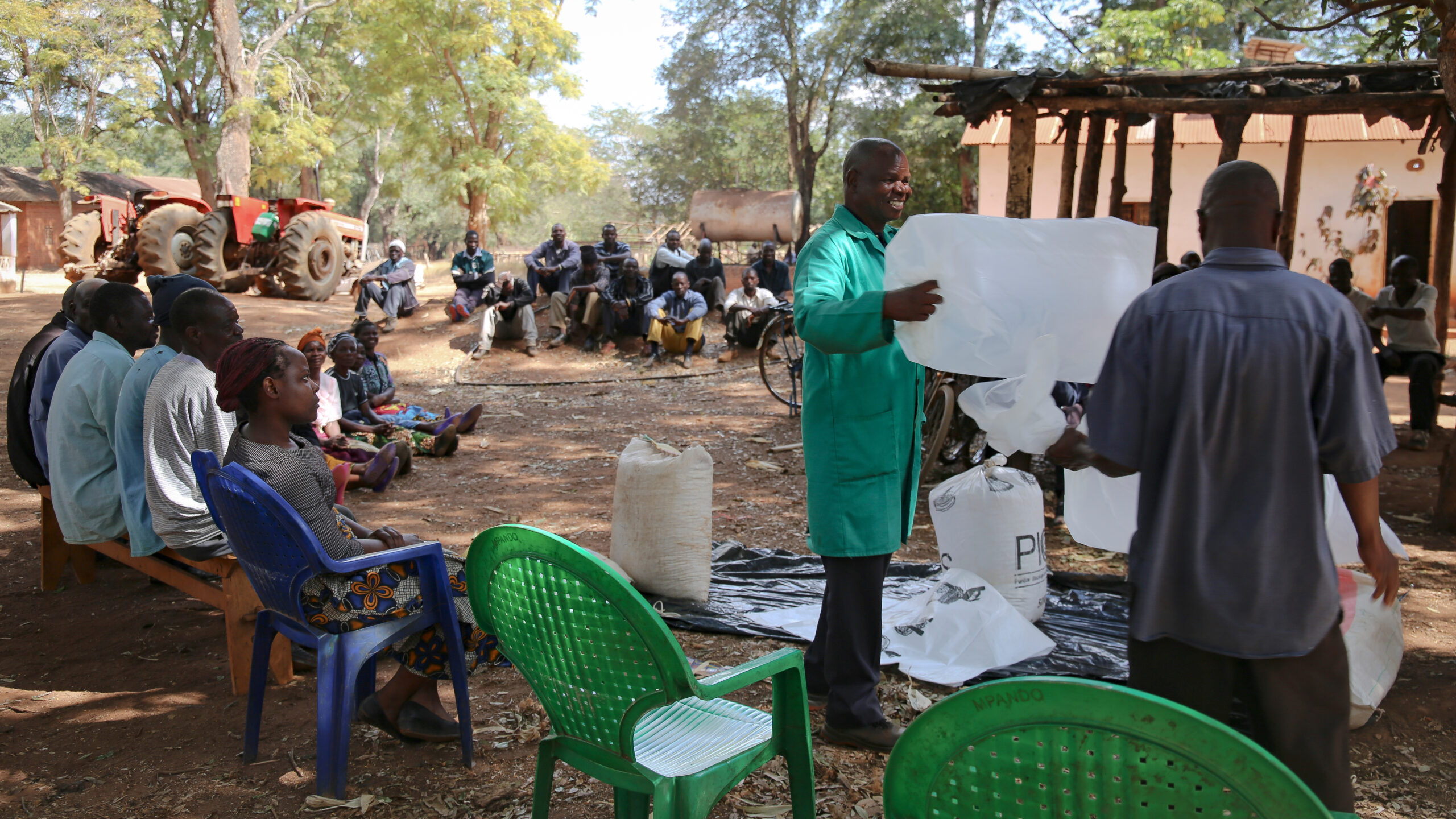Policy makers in Central Asia are confronted with serious challenges and promising opportunities in their efforts to assure food security and good nutrition for all, while pursuing sustainable management of natural resources and preparing for continued climate change. Policy options are considered in a political economy context with potentially conflicting goals among various stakeholder groups. Politically and economically feasible decisions to promote food security, good nutrition and sustainable management of water and land are difficult and complex. Lack of relevant evidence about the likely impact of various policy options on the national economy and key stakeholder groups makes the decisions even more difficult.
Under the auspices of the Eurasian Center for Food Security (ECFS), 14 experts joined forces to produce policy-relevant evidence to support policy making on water and land management, livestock production and trade integration. The results from their work are available as seven case studies just published by the ECFS as a book titled Food Security in Eurasia. In addition to serving as evidence in support of policy making, the case studies provide training material for university education. With a focus on a specific food security-related set of policy issues, each case study outlines the challenges, opportunities, stakeholder groups, policy issues, policy options and recommendations for policy makers. This post presents a few illustrations of the policy issues, options and recommendations offered by the 14 authors.
In a study of the impact of intensive fish farming on the depletion of water resources in Ararat Valley, T. Trifonova identifies 13 policy options to deal with the conflicts between fish and crop production resulting from competition for water. Government action to improve water and land management is also analyzed in three other case studies. V. Demidov and H. Akhmadov identify various policy options to rehabilitate saline soils in Tajikistan, including improved irrigation technologies and investments in drainage facilities. N. Mavlyanova, K. Kulov, and P. Jooshov suggest a set of policy options and recommendations aimed at the reduction of irrigation erosion in the Kyrgyz Republic. The policy options they suggest include erosion control technologies and the organization of the extension service. A.Safarova and G. Khasankhanova review policy issues to restore saline soils in the Amu Darya delta of Uzbekistan. They propose a set of policy interventions, including efforts to strengthen institutional capacities and suggest that food self-sufficiency should be a goal to pursue.
Two case studies address policy issues related to the livestock sector. In a study of Armenia’s dairy sector, I. Poleshkina and E. Peplozyan analyze relationships among supply chain members. They conclude that marketing and processing coops should play an important role. Keeping in mind the government’s desire to assure self-sufficiency in dairy products, the authors identify five policy options and conclude that appropriate policies combined with post-harvest coops may provide a balanced dairy chain which would satisfy all stakeholders’ interests. I. Nefedjev and A. Bolotbekova analyze how local and national action could improve nomad livestock farming in the Kyrgyz Republic. They identify five policy options and recommend that regulations for pasture use be transferred to the local level, that the national government shift the support from farmers with large herds to those with smaller herds, and that the leasing system be simplified.
Economic and trade integration is an important policy issue for the Central Asian countries. E. Yakubovich and Z. Enikeyeva address the key food security issues associated with the Kyrgyz Republic’s entry into the Eurasian Economic Union (EAEU) and suggest changes in the country’s agro-industrial complex. The authors recognize the significant change in the government support of the agro-industrial complex after the country joined the EAEU. They suggest six options for activities that the government may wish to pursue.
Food Security in Eurasia offers very valuable evidence in support of policy deliberations, design and implementation about critically important food security issues in Central Asia. The book is an important source of knowledge for decision makers and advisors aiming for food security and good nutrition for all Central Asia citizens and sustainable management of natural resources in the context of climate change. The case studies also serve as an important input into participatory food policy learning at universities in Central Asia and elsewhere.
Per Pinstrup-Andersen is a former IFPRI Director General and a Professor Emeritus as Cornell University. This post first appeared on the ECFS blog.







